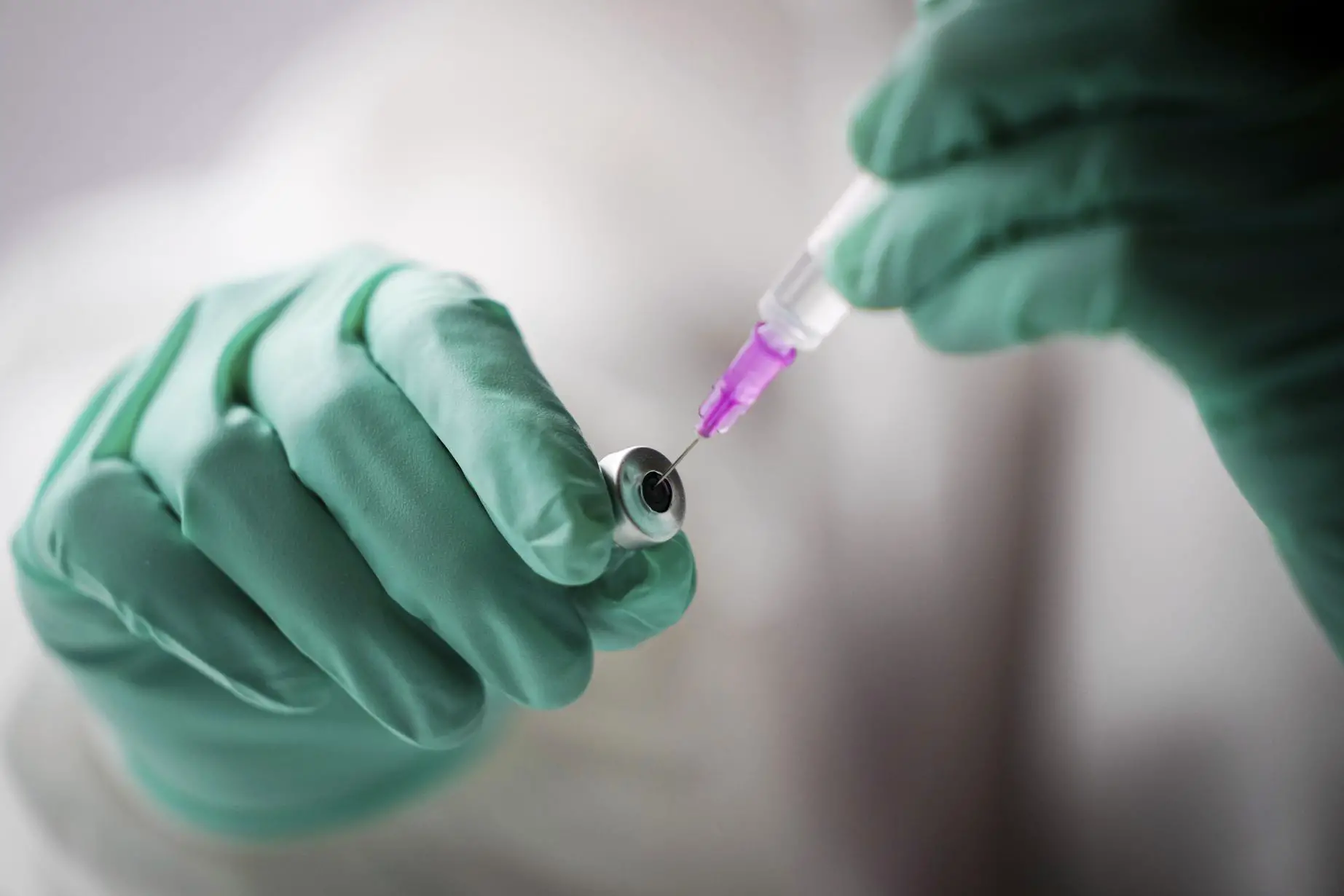The mutations of the COVID-19 give rise to the Omicron variant discovered a few months ago in various countries, which were announced as a variant of concern by the World Health Organization due to its high transmissibility. However, the symptoms are mild and less severe than the other variants. Diagnostic methods of detecting the virus have been changed because the Omicron variant has 32 mutations in the spike protein, which is used to infect cells, thus making it difficult to be detected by the current PCR method. Most RT-PCR currently being used may not differentiate between Omicron and other variants. RT-PCR can only confirm the presence of the virus but can’t specify the infected diseases. Therefore, the sample must be further investigated through whole-genome sequencing to distinguish mutations at the single-base nucleotide. Jenis vaksin-covid19 is the availability of effectiveness study of the vaccines to fight against the infections of the new variant.
What Are The Worldwide Diagnostic Methods To Detect The Covid-19 Variant?
- RT-PCR Test
- Whole-Genome Sequencing
What Is A PCR Test?
The COVID-19 RT-PCR test, approved in February 2020, is a standard worldwide molecular test with consistency. PCR is one of the most widely used diagnostic tests for detecting pathogens, bacteria and viruses during infections or generating a forensic profile of small DNA samples by amplifying multiple copies of DNA. The PCR test involves taking samples from the upper respiratory tract with a nasal swab to isolate the genetic material from the COVID-19 virus. The PCR technique is used to amplify the amounts of RNA in the sample. PCR and RT-PCR have the same principle; however, RT-PCR has an added step of reverse transcription of RNA to DNA to make multiple copies of DNA fragments. In other words, PCR uses the original fragment of DNA contained in the pathogens, bacteria or virus. Still, since the Covid19 virus includes mRNA, it must first be transcribed to DNA for amplification. However, the PCR test needs to be further verified by whole genome sequencing to get more accurate results.
What Is Whole-Genome Sequencing
Whole-Genome Sequencing, WGS is a comprehensive method that determines the order of bases in an organism’s genome. WGS is a fast and affordable way to provide more detailed and precise genetic data. For example, based on the base-pair match, WGS can determine the Omicron variant with relatively high specificity. However, this method is quite expensive. Recently The Health Ministry has announced to increase the complete genome sequence analysis capacity up to 5,000 samples per month due to the alarming cases of Omicront that has been detected in Malaysia. This screening is conducted on specific cases, for example, all travellers from abroad and high-risk cases.
Can RT-PCR Test Accurately Detect The Omicron Variant?
Omicron has a strong signal of N genes in the PCR test but has a weak signal of S genes. The RT-PCR test generally will lookup for 3 genes relating to the parts of the virus, which is a spike (S), nucleocapsid or inner area (N2), or envelope or outer shell (E). If the S gene is detected, it is unlikely to be Omicron, but if the S gene is not detected. This is because Omicron, similar to the Alpha variant, has a genetic change called a deletion in the “S” or spike gene. However, the emergence of the “stealth” version of the Omicron variant that lacks deletion in the “S” makes it hard to distinguish from other variants using the PCR test.
Molecular Diagnostics Technology
A group of Korean researchers have invented molecular diagnostics technology that can detect Omicron variants to overcome the limitations of RT-PCR. The existing technology screens only specific parts of the virus, whereas molecular diagnostic technology can detect nucleic acid-binding reactions of the only COVID-19 RNA, thus enabling rapid detection. However, this method has not yet been commercialised and is expected to be on market in the second half of this year.



